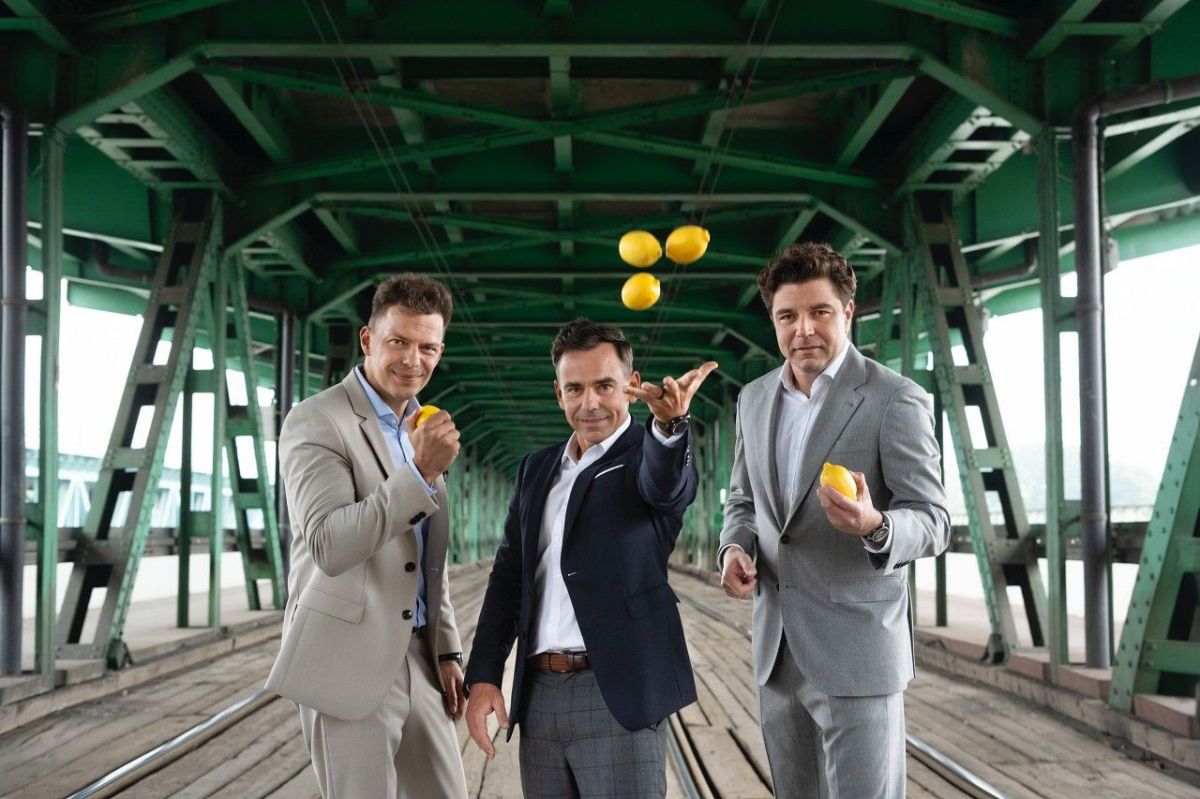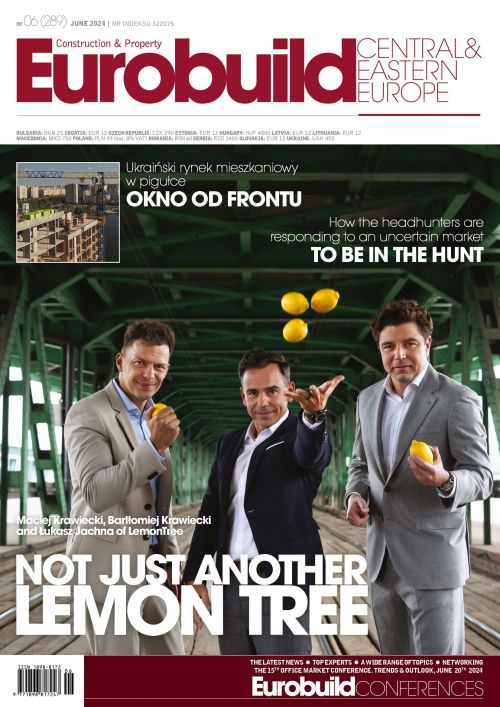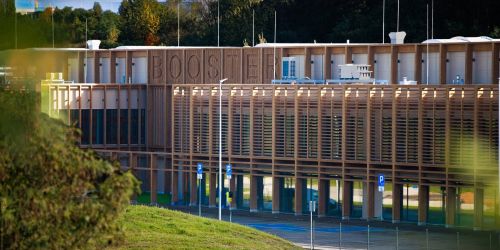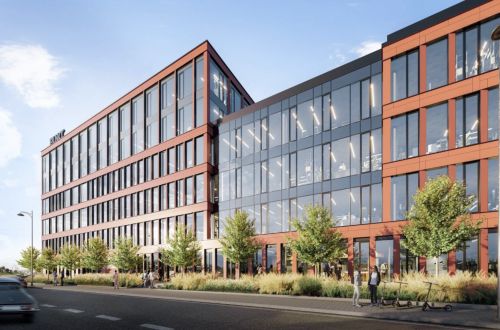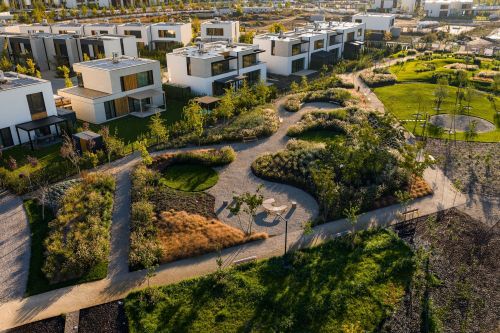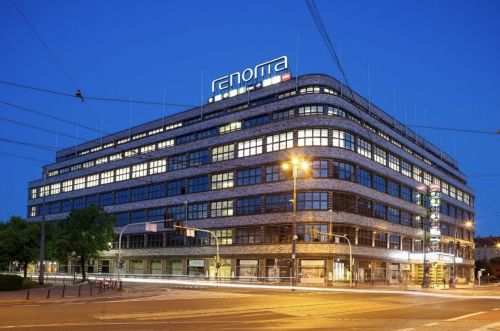Tomasz Cudowski, ‘Eurobuild CEE’: As you’ve finally decided to acknowledge the existence of the industry press, it is a real pleasure for me that you have chosen to begin this with an interview for ‘Eurobuild’. However, you’re by no means newcomers to the market.
Bartłomiej Krawiecki, CEO, LemonTree: Thanks for the invitation! It’s true that the three of us and most of the thirty or so people who work at LemonTree are experienced professionals. We’ve been operating on the industrial and logistics real estate market for many years, and over this time we’ve built up a few million square metres of space under different logos. The reason why it’s only now that LemonTree is starting to make its presence felt in the media, because in our early days we wanted the brand to become known purely from the fruits of our work and not from our words. At the beginning of this year, we announced a new project in Zabrze and we want to say a l
